- +1 204-898-8510
- immigration@mesidor.ca
- 201-575 St. Mary's Rd, Winnipeg, MB R2M 3L6 Canada
- Home
- Study Visa Refusal Rates in Canada: What You Need to Know
Study Visa Refusal Rates in Canada: What You Need to Know
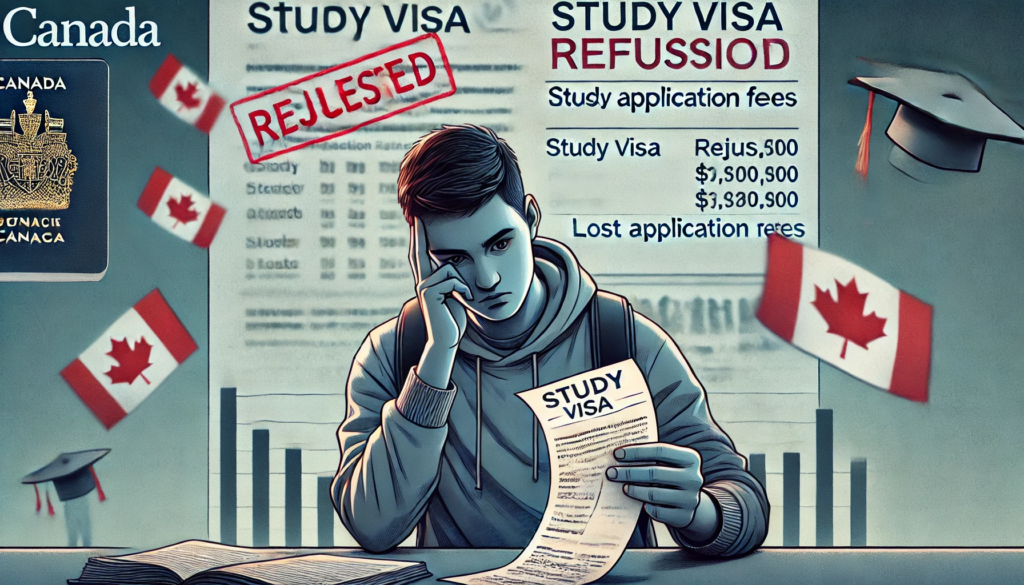
Canada’s reputation as a top destination for international students has recently faced challenges due to a significant rise in study visa refusal rates. In 2024, the refusal rate for study permits reached 52%, a sharp increase from 38% in 2023. This trend has raised concerns within Canada’s international education sector, with institutions reporting decreased enrollment and economic strain. For prospective students and their families, understanding the factors behind these refusal rates is essential to navigating the application process effectively.
What’s Behind the Rising Study Visa Refusal Rates in Canada?
The increase in study visa refusal rates in Canada has been attributed to several factors. According to Immigration, Refugees and Citizenship Canada (IRCC), one of the key reasons is the detection of fraudulent applications. IRCC has implemented stricter measures to identify inconsistencies in applications, which has led to more rejections.
However, immigration experts have raised concerns about the lack of transparency in the application review process. Even minor inconsistencies in documentation or unclear ties to an applicant’s home country can result in a refusal. This has left many applicants feeling unsure about the specific reasons for their rejection.
For more details on this issue, visit the ICEF Monitor report.
The Financial Impact of Study Visa Refusals
The financial implications of rising study visa refusal rates in Canada are significant. In 2024, the Canadian government collected approximately $707.9 million in application fees, with $354 million coming from refused applications alone. This highlights the financial burden placed on applicants who invest in the process, only to face rejection.
For educational institutions, the high refusal rates have led to decreased enrollment, particularly from students in countries with higher rejection rates. This has created financial strain for universities and colleges that rely on international students as a major source of revenue.
How Study Visa Refusals Affect Canada’s International Education Sector
Canada has long been a preferred destination for international students, thanks to its high-quality education system, diverse culture, and opportunities for post-graduation work permits. However, the rising study visa refusal rates in Canada are creating challenges for the country’s international education sector.
Some of the key impacts include:
- Decreased Enrollment: With more students being denied study permits, institutions are seeing lower enrollment numbers, particularly from regions with high refusal rates.
- Reputational Concerns: The increase in refusals may deter prospective students from applying to study in Canada, affecting the country’s reputation as a welcoming destination for international education.
- Economic Strain: International students contribute significantly to Canada’s economy, not only through tuition fees but also by supporting local businesses. A decline in student numbers could have broader economic implications.
Tips for Navigating the Study Permit Process
If you’re planning to study in Canada, it’s important to take proactive steps to improve your chances of success. Here are some tips to help you navigate the study permit application process:
- Ensure Complete and Accurate Documentation: Double-check all documents before submission to avoid inconsistencies. This includes proof of funds, your letter of acceptance, and a clear statement of intent.
- Demonstrate Strong Ties to Your Home Country: IRCC often evaluates whether an applicant intends to return to their home country after their studies. Providing evidence of strong ties, such as family, property, or employment, can strengthen your application.
- Work with an Immigration Consultant: A Regulated Canadian Immigration Consultant (RCIC) can provide expert guidance on preparing a strong application and addressing potential red flags.
For more information on study permits, visit the IRCC’s official page on study permits.
How Mesidor Immigration Can Help
At Mesidor Immigration, we understand the challenges faced by international students navigating the study permit process. Our team of experienced consultants is here to guide you every step of the way.
We offer personalized services to help you:
- Assess your eligibility for a study permit.
- Prepare a complete and accurate application package.
- Address potential issues that could lead to a refusal.
- Explore alternative immigration pathways if your study permit application is refused.
If you or someone you know is planning to study in Canada, contact us today for a consultation. Let us help you achieve your dream of studying in Canada.
Conclusion
The rising study visa refusal rates in Canada have created challenges for prospective students and the country’s international education sector. While stricter fraud detection measures aim to maintain the integrity of the immigration system, the high refusal rates highlight the importance of preparing a strong and accurate application.
At Mesidor Immigration, we’re committed to helping students navigate these challenges and successfully pursue their education in Canada. Whether you’re applying for a study permit or exploring other immigration pathways, we’re here to support you every step of the way.
Stay informed about the latest developments in Canadian immigration by visiting our Immigration News page.
Sharing is caring.
Share this information within your social circles.
Contact us to get your Canadian Immigration journey started today.
Schedule a meeting for an Initial Consultation at our office or online. A Regulated Canadian Immigration Consultant will analyze the situation, calculate the cost and help you find a solution based on your goals.

Search the Site
Recent Immigration News Posts
- Ontario and Saskatchewan Boost Immigration Opportunities Despite New Refugee Policy Limits
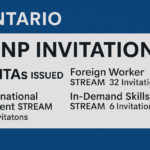
- The Strong Borders Act: What Immigrants and Asylum Seekers Need to Know
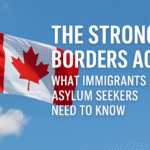
- A Wave of Canadian Immigration Changes: What You Need to Know in June 2025

- PSTQ Québec 2025 : Votre Guide Essentiel du Programme de Sélection des Travailleurs Qualifiés
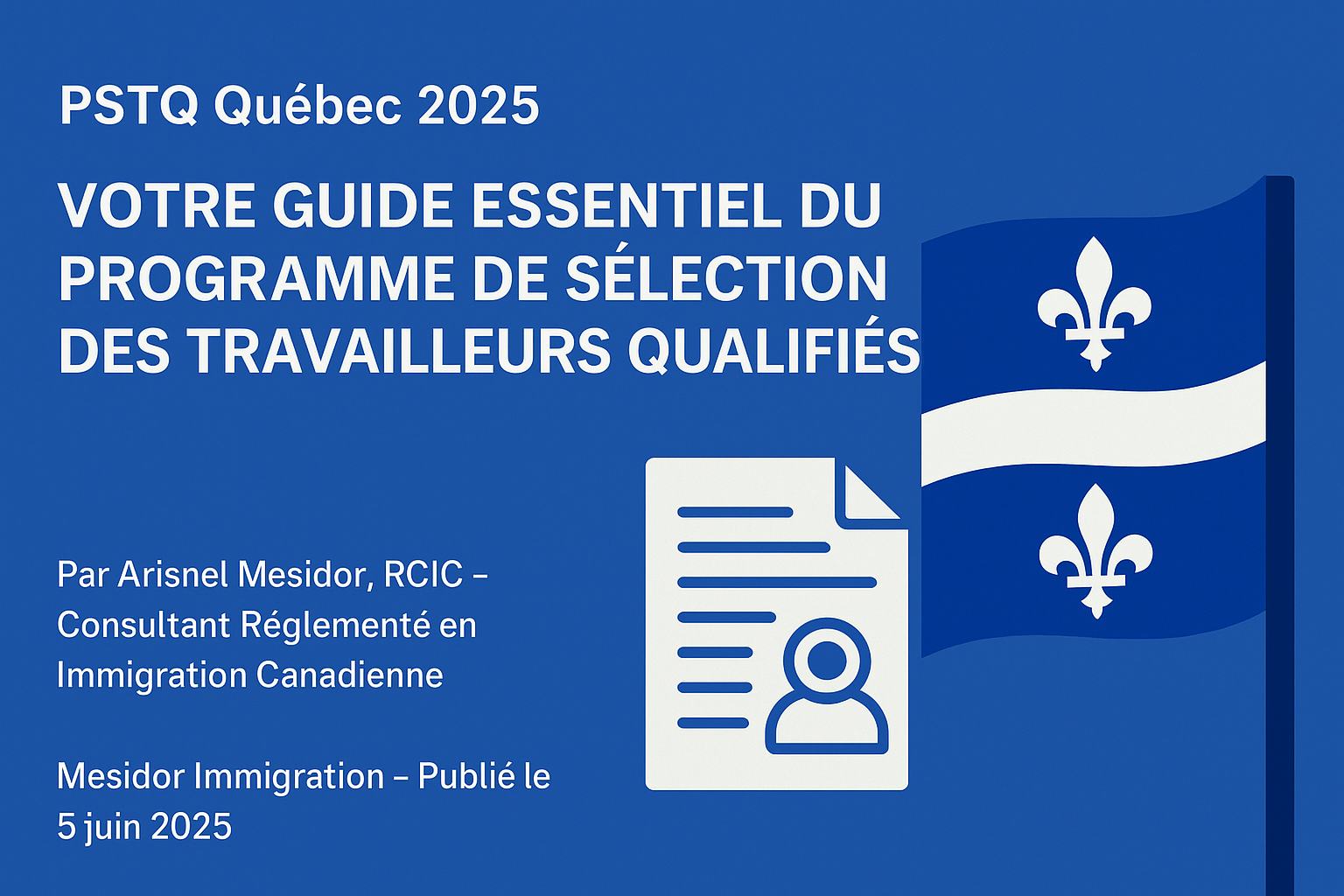
- June 5, 2025: Urgent! 4 Key Canadian Immigration Highlights & Updates

- Ontario Draws, Express Entry Buzz & New Asylum Rules – Your In-Depth Latest Canadian Immigration News for June 4, 2025
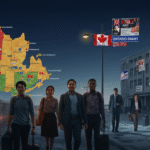
- Ontario Draws, Express Entry Buzz & New Asylum Rules – Your In-Depth Latest Canadian Immigration News for June 4, 2025.
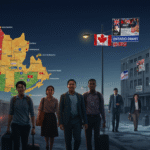
- Navigating Express Entry, PNP Draws, Rural Pathways, and Economic Shifts for Aspiring Newcomers
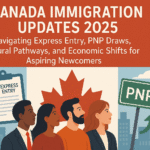
- Decoding the Shifting Canadian Immigration Landscape: 4 Crucial Updates You Need to Know!

- Decoding the Shifting Canadian Immigration Landscape: 4 Crucial Updates You Need to Know!

- Navigating the Shifting Landscape of Canadian Immigration: June 2, 2025 Update

- IEC Japanese Youth: Unlock Twice the Canadian Experience!

- Port of Entry Work Permit Changes: What You Need to Know

- Canada’s 2025-2027 Immigration Policy: Key Updates and Strategic Shifts

- Education-Targeted Express Entry Draw #344: Key Highlights
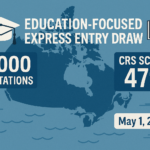

Recent Comments